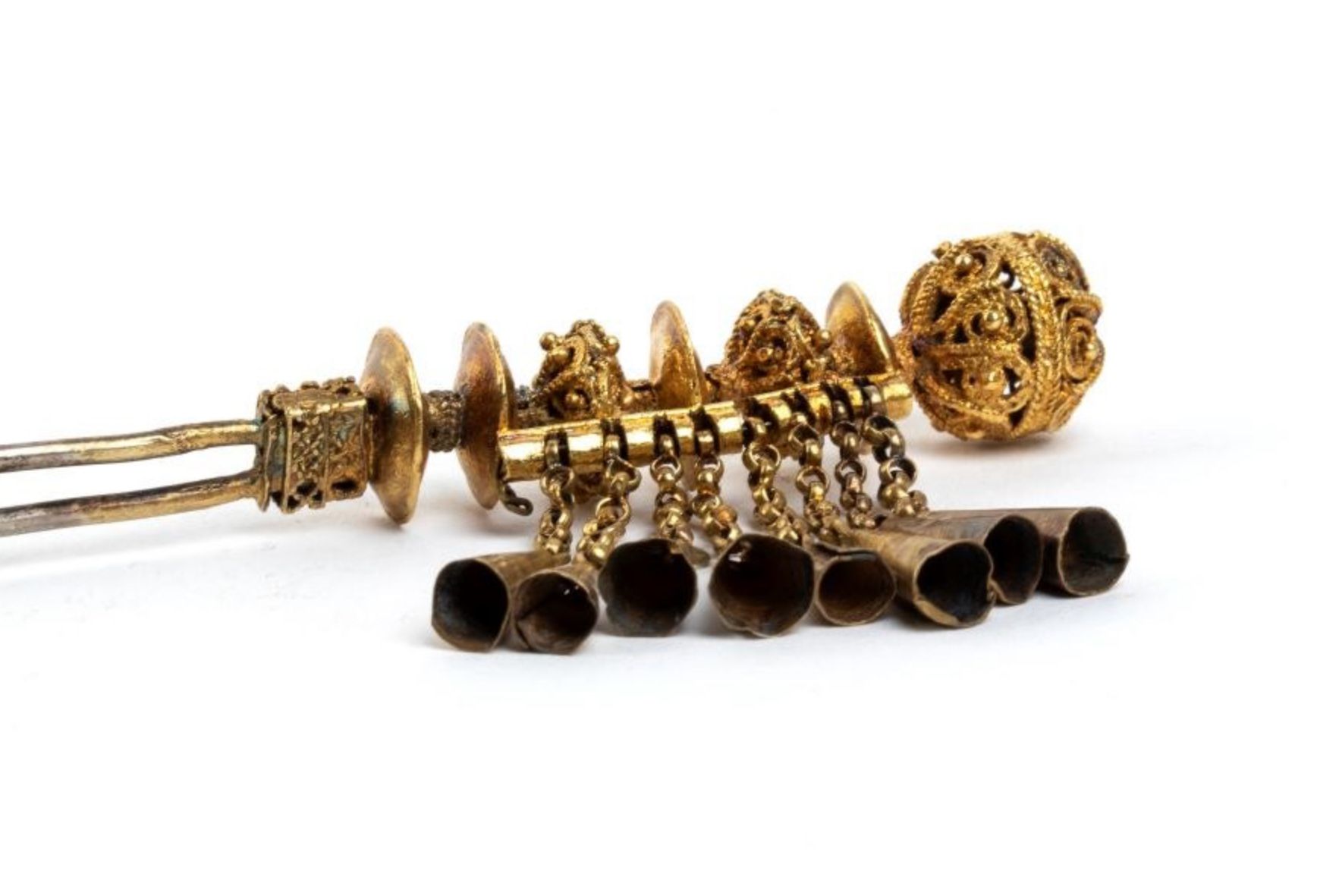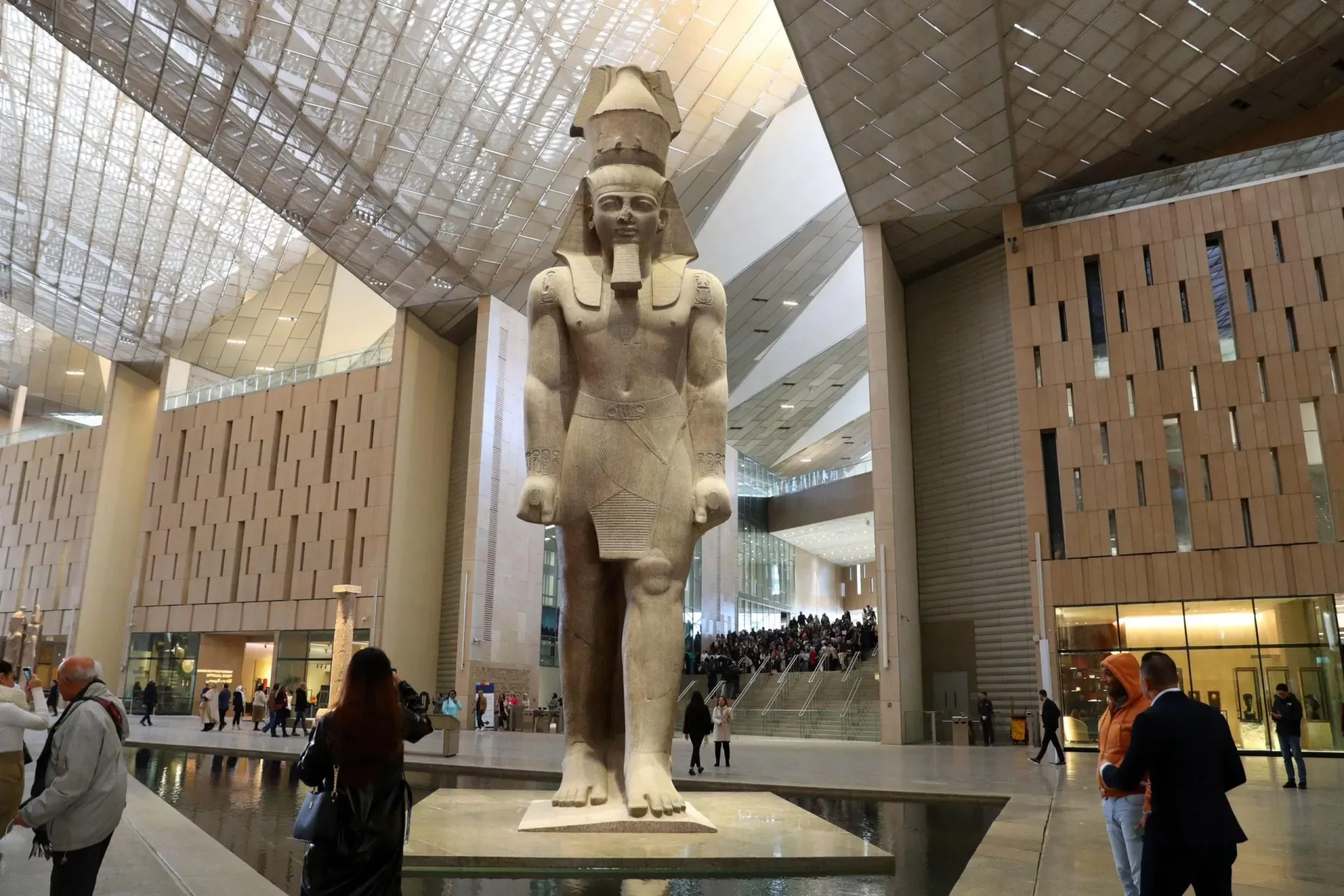Cultural Restitution
SHARE ARTICLE
Global isolation for the British Museum over its stand against returning Benin Bronzes grows nearer following news the Smithsonian Institution is set to become the world’s largest cultural organisation to repatriate Benin artefacts.
Last year, the Smithsonian’s Secretary Lonnie G. Bunch III convened a group of around 20 curators and historians from within the Smithsonian’s own collection of museums and gave them a directive to develop an institution-wide policy for objects determined to have been sourced unethically. Bunch recommended any new policy should extend beyond legal title to ethical ownership.
The Institution’s Ethical Returns Working Group reinforced this message when they submitted their recommendations last December, calling on the Smithsonian's museum leaders to consider the moral circumstances surrounding the ownership of the 155 million objects, artworks and natural history specimens held across the Institution’s various collections.
The result is a major initiative announced this week concerning an agreement between the Smithsonian Institution and Nigeria to repatriate the majority of the Institution’s 39 Benin artefacts, an agreement that could be signed with Nigeria’s National Commission for Museums and Monuments as early as next month.
Sweeping aside the current legal title the museums hold over these objects, the Smithsonian’s museums will prioritise those objects that were violently removed from Benin City as a result of the British raid in 1897 in order to conform with the Institution’s new ethical returns policy. The exact number of objects for return is still being finalised. However, we understand the Smithsonian National Museum of African Art presently holds 43 Benin objects, including plaques, brass bracelets and ivory tusks, around 16 of which have been directly linked to the 1897 raid.
Last autumn, just days into starting her new role, National Museum of African Art Director Ngaire Blankenberg removed ten Benin Bronzes from public display in a move she described as “respectful”. Blankenberg is keen the Museum forges a new model for global audiences and begins to shed its Eurocentric past.
“This is about a new possibility.I don’t believe it ends there. We have to stop the harm and imagine a new way of working, of how we can do this differently together.”
Ngaire Blankenberg
In addition to transferring ownership, the agreement also sets out arrangements for future long-term loans. This could lead to a number of Benin objects remaining on display at the Smithsonian’s National Museum of African Art, alongside displays of archival material, photographs and oral histories. “This is part of a thorough process of reimagining the African art experience,” said Blackenberg, “and what a regenerative, decolonised African art museum can be.”
Such a fundamental shift in museum deaccessioning policy ultimately rests with the Smithsonian Board of Regents. They’re expected to convene in April after the agreement has been finalised.
Following hard on the heels of news last year that New York’s Metropolitan Museum of Art, the Denver Art Museum, Washington DC’s National Gallery of Art and Boston’s Museum of Fine Arts are all planning or have agreed Benin repatriations, it’s not expected they will overturn this major initiative of national and global significance.
In the meantime, their approval is likely to draw even more attention to the British Museum's refusal to negotiate the transfer of ownership of even some of the Museum's collection of 900 Benin artefacts and to further increase its isolation within the global museum community.
Photo: National Museum of African Art, Smithsonian Institution
Courtesy of Smithsonian Institution
More News



